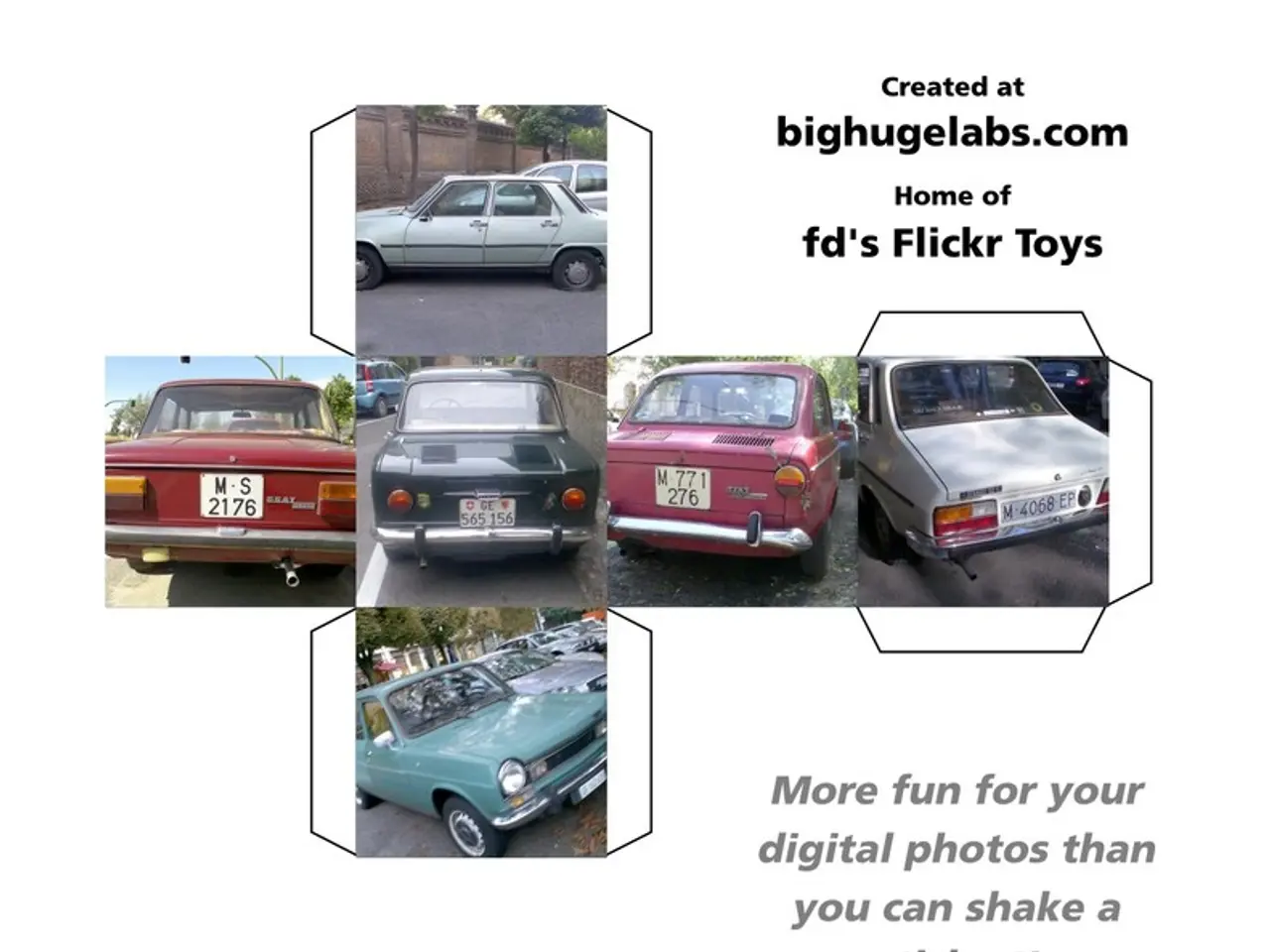EPA's Decision to Scrap Car Emission Norms Sparks Optimism among SEMA, Car Manufacturers Celebrate 'Variety in Vehicles'
The United States Environmental Protection Agency (EPA) has announced plans to cancel its legal authority to limit carbon emissions from the automotive industry, potentially marking a significant shift for the auto and aftermarket sectors.
If finalized, the proposal would rescind the 2009 Endangerment Finding and repeal greenhouse gas (GHG) emission standards for vehicles. This move could ease regulatory pressure on automakers to produce electric vehicles (EVs) and meet strict fuel efficiency standards, slowing or reversing the shift towards electrification and cleaner vehicle technologies.
Industry groups like the Alliance for Automotive Innovation, representing automakers such as BMW, Ford, Stellantis, Toyota, Volkswagen, and more, are reviewing the EPA's announcement to understand its impact on U.S. vehicle emissions rules. The alliance broadly supports revising emissions regulations to reflect "current market conditions" and reduce regulatory burdens perceived as unattainable, aiming to keep the industry competitive.
The Specialty Equipment Manufacturers Association (SEMA) is generally thrilled about the EPA's plan, with the industry preferring the euphemism of "vehicle choice" or "customer choice" for continuing to produce gas-powered cars.
On the aftermarket industry, the absence of emissions standards might increase demand for replacement parts related to traditional engines and reduce complexity related to emissions control devices. However, the long-term technological direction of the market could become less focused on electric vehicle support and more on conventional internal combustion technologies.
The repeal could potentially extend the lives of cars scheduled for production end, as automakers would no longer face stringent GHG emissions and fuel economy standards. However, it could also provoke increased state-level GHG regulations and legal challenges related to climate change, potentially fragmenting the regulatory landscape.
The EPA's proposal could undermine federal preemption defenses used against state climate policies and climate-related tort suits, creating legal and market uncertainties across the automotive sector. Critics warn that this broad deregulatory move, termed the largest in U.S. history by the EPA Administrator, could hamper climate change mitigation efforts and public health protections.
One possibility arising from this situation is a surge in hybrid powertrains, as companies redirect electrification resources and know-how. However, the future direction of the auto industry remains uncertain, as the EPA's proposal could lead to unusual developments in the industry if automakers are given more leeway in emissions regulations.
The potential repeal of greenhouse gas emission standards for electric vehicles (EVs) in the automotive industry could lead to a decrease in the race towards electrification, due to less regulatory pressure on automakers. Consequently, the growing demand for replacement parts related to traditional engines might increase in the aftermarket industry, as car production might continue to focus on their production with diminished emphasis on electric vehicle support.







